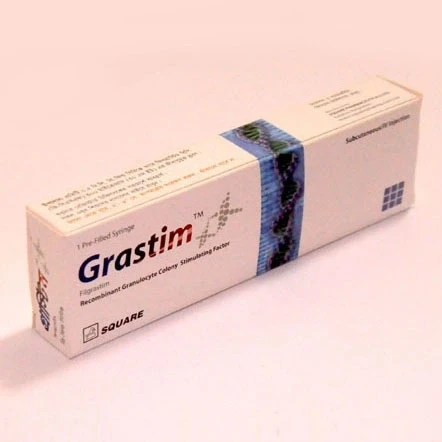

Grastim IV/SC Injection, Filgrastim 300 mcg/0.5 ml
Inhouse product
-
৳11.40
৳12.00 -
৳42.75
৳45.00 -
৳16.63
৳17.50 -
৳2.14
৳2.25
Reviews & Ratings
Indications
Cancer patients
receiving myelosuppressive chemotherapy: The decrease of the incidence of infection, as manifested by
febrile neutropenia, in patients with non myeloid malignancies receiving
myelosuppressive anticancer drugs associated with a significant incidence of
severe neutropenia with fever.
Cancer patients
undergoing Acute Myeloid Leukemia: The reduction of the time to neutrophil recovery and the
duration of fever, following induction or consolidation chemotherapy treatment
of patients with acute myeloid leukemia (AML).
Cancer Patients
Receiving Bone Marrow Transplantation (BMT): The reduction of the duration of neutropenia and
neutropenia-related clinical sequelae, e.g., febrile neutropenia, in patients
with nonmyeloid malignancies undergoing myeloablatlve chemotherapy followed by
bone marrow transplantation.
Patients with severe
chronic neutropenia: The reduction of the
incidence and duration of sequelae of neutropenia (e.g., fever, infection or
opharyngeal ulcers) in symptomatic patients with congenital neutropenia, cyclic
neutropenia or idiopathic neutropenia.
Patients acutely
exposed to myelosuppressive doses of radiation: The increase of the survival in patients
acutely exposed to myelosuppressive doses of radiation (Hematopoietic syndrome
of acute radiation syndrome).
Patients with HIV
infection: The prevention and
treatment of persistent neutropenia in patients with advanced HIV infection, in
order to reduce the risk of bacterial infections, when other options to manage
neutropenia are inappropriate.
* রেজিস্টার্ড চিকিৎসকের পরামর্শ মোতাবেক ঔষধ সেবন করুন'
Pharmacology
Filgrastim is a 175
amino acid human granulocyte colony-stimulating factor (G-CSF) manufactured by
recombinant DNA technology. Filgrastim regulates the production of neutrophils
within the bone marrow and affects neutrophil progenitor proliferation and differentiation.
It also causes the enhanced phagocytic ability, priming of the cellular
metabolism associated with respiratory burst, antibody-dependent killing and
the increased expression of some cell surface antigens.
Filgrastim exhibits nonlinear pharmacokinetics. Clearance is dependent on
Filgrastim concentration and neutrophil count. Filgrastim is cleared by kidney.
It has a tmax of 2 to 8 hours. The absolute bioavailability of Filgrastim after
subcutaneous administration is 60-70%.
Dosage & Administration
Cancer patients
receiving myelosuppressive chemotherapy or induction and/or consolidation
chemotherapy for AML: The recommended dose
of Filgrastim is 0.5 MU (5 mcg)/kg/day, administered as a single daily
subcutaneous injection or by intravenous infusion (over 30 minutes). The first
dose shouldn't be administered in less than 24 hours following cytotoxic
Chemotherapy. Continue until neutrophil count in normal range, usually for 14
days (up to 38 days in AML.)
Cancer patients
undergoing bone marrow transplantation: The recommended dosage of Filgrastim following bone marrow
transplantation (BMT) is 1.0 MU (10 mcg)/kg/day given as an intravenous
infusion no longer than 24 hours. Administer the first dose of Filgrastim at
least 24 hours after cytotoxic chemotherapy and at least 24 hours after bone
marrow transplantation. Dose adjustment should be accordingly to absolute
neutrophil count (ANC).
Patients undergoing
autologous peripheral blood progenitor cell (PBPC) collection and therapy: The recommended dosage of Filgrastim for the
mobilization of autologous PBPC is 1.0 MU (10 mcg)/kg/day given by subcutaneous
injection for 5-7 days. Administer Filgrastim for at least 4 days before the
first leukapheresis procedure and continue until the last leukapheresis. Discontinue
Filgrastim if the white blood cell (WBC) count rises to greater than
100,000/mm³.
Patients with severe
chronic neutropenia: The recommended
starting dosage in patients with congenital neutropenia is 0.6 MU (6 mcg)/kg as
a twice daily subcutaneous injection and with idiopathic or cyclic neutropenia
is 0.5 MU (5 mcg)/kg as a single daily subcutaneous injection. Dose adjustment
should be accordingly to ANC and complete blood count (CBC).
Patients acutely
exposed to myelosuppressive doses of radiation hematopoietic syndrome of acute
radiation syndrome: The recommended dose
of Filgrastim is 1.0 MU (10 mcg)/kg as a single daily subcutaneous injection
for patients exposed to myelosuppressive doses of radiation.
Patients with HIV
infection: The recommended
starting dose of Filgrastim is 0.1 MU (1.0 mcg)/kg/day is given daily by
subcutaneous injection with titration up to a maximum of 0.4 MU (4 mcg) /kg/day
until a normal neutrophil count is reached and can be maintained (ANC > 2.0
x 10 9 /I), Or, as directed by the registered physicians.
* রেজিস্টার্ড চিকিৎসকের পরামর্শ মোতাবেক ঔষধ সেবন করুন'
Interaction
Drug Interactions
between Grastim and other drugs have not been fully evaluated. Drugs which may
potentiate the release of neutrophils, such as Lithium should be used with
caution.
Contraindications
Filgrastim is
contraindicated in patients with a history of serious allergic reactions to
human granulocyte colony-stimulating factors such as Filgrastim or
peg-Filgrastim. With severe congenltal neutropenia (Kostmann's syndrome)
Side Effects
Most common side
effects in patients-
- With nonmyeloid malignancies
receiving myelosuppressive anti-cancer drugs are pyrexia, pain, rash,
cough and dyspnea.
- With AML are pain, epistaxis
and rash.
- With nonmyeloid malignancies
undergoing myeloablative chemotherapy followed by BMT is rash.
- Undergoing peripheral blood
progenitor cell mobilization and collection are bone pain, pyrexia and
headache.
- With severe chronic neutropenia
(SCN) are pain, anemia, epistaxis, diarrhea, hypoesthesia and alopecia.
Pregnancy & Lactation
Pregnancy Category C.
There are no adequate and well-controlled studies in pregnant women. It is not
known whether this drug is excreted in human milk. Because many drugs are
excreted in human milk, caution should be exercised if it is administered to
women who are breastfeeding.
Precautions & Warnings
- Grastim should not be
administered within 24 hours before and afier chemotherapy
- The possibility of Grastim
acting as a growth factor for any tumor type cannot be excluded
- To avoid -adverse effects of
excessive neutrophils complete blood count is recommended twice per week
during treatment
- Grastim is given by
subcutaneous or intravenous infusion as required
- Dilution of Grastim conc less
than 5 mcg/ml is not recommended at any time
- Grastim may be diluted in 5%
dextrose as required
Overdose Effects
The maximum tolerated
dose of Grastim has not been determined. Patients in the BMT studies received
up to 13.8 MU(138 mcg)/kg/day without toxic effects.
Therapeutic Class
Haematopoietic Agents
Storage Conditions
Refrigerate at 2-8° C.
Protect from light. Do not freeze & avoid shaking.
Frequently Bought Products
Tocef Capsule, Cefixime Trihydrate 200 mg
RivaXa Tablet, Rivaroxaban 10 mg
Briva Oral Solution 50 ml bottle, Brivaracetam 50 mg/5 ml
Neurolep Tablet, Piracetam 800 mg
Dakrin Oral Gel 15 gm tube, Miconazole Nitrate 2% w/w
Product Queries (0)
Login Or Registerto submit your questions to seller
Other Questions
No none asked to seller yet
-
৳11.40
৳12.00 -
৳42.75
৳45.00 -
৳16.63
৳17.50 -
৳2.14
৳2.25
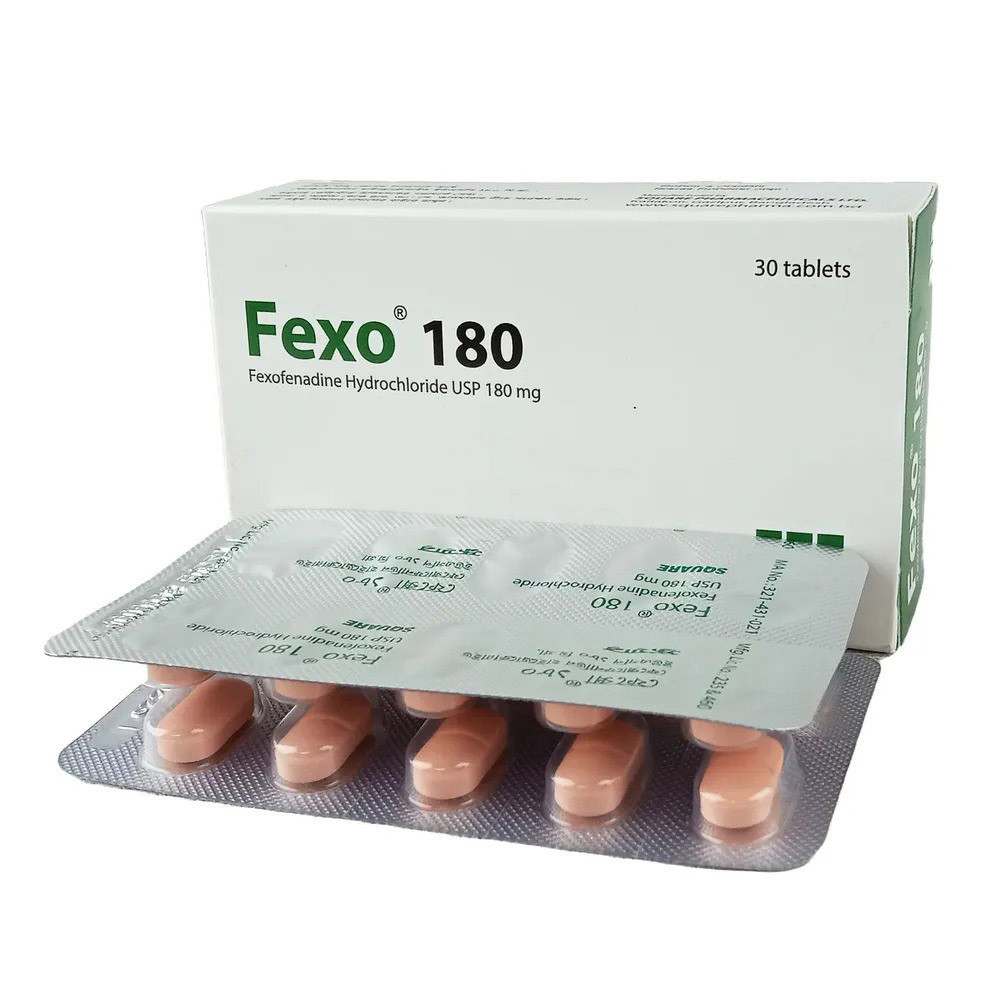


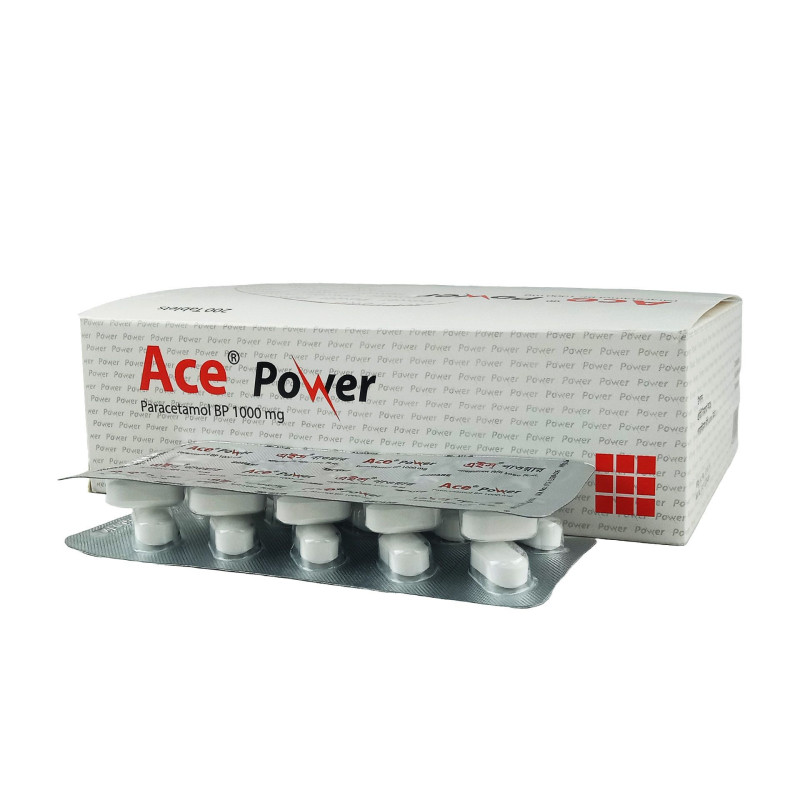
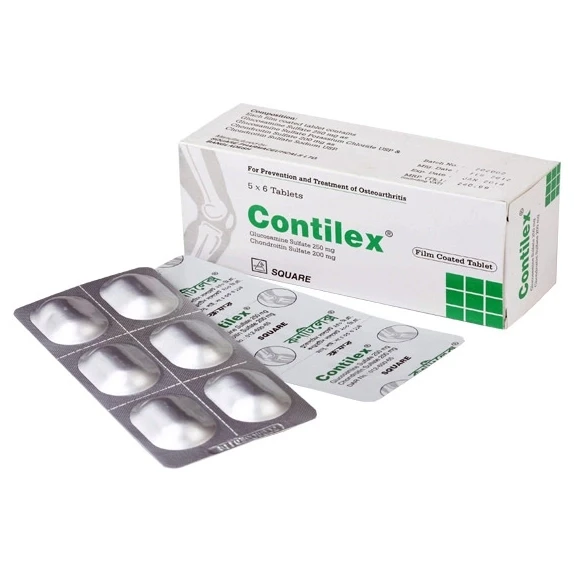
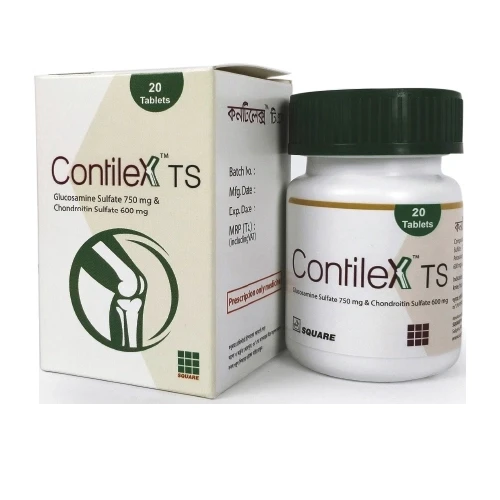
![D-Fill Capsule Cholecalciferol [Vitamin D3] 2000 IU](https://skpharma.com.bd/public/uploads/all/kxJZ08s3t5J4FOfqYMuXOMnRH7EXF3IpzYZ1ss6i.jpeg)










